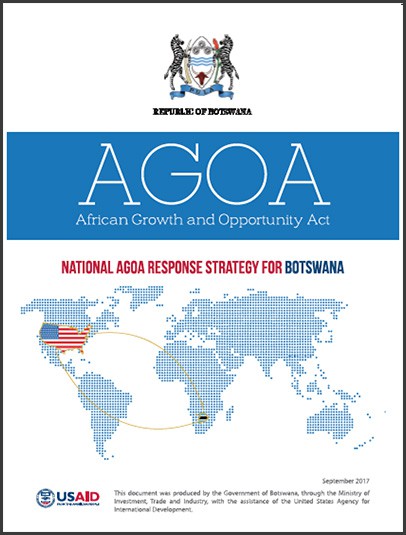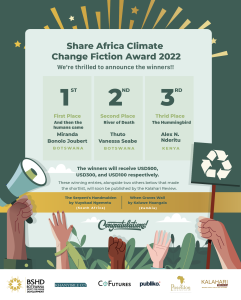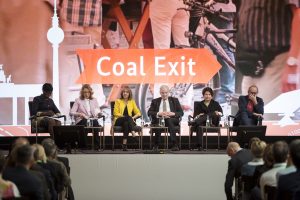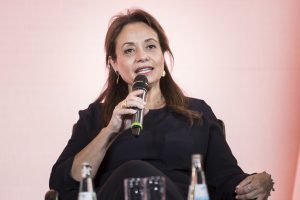Given the ongoing trade war between China and the United States, the President of Business Botswana has openly invited China to invest, and take advantage of Botswana’s duty-free market access to the US.
“Come to Botswana, target AGOA if the Americans won’t buy from you. Come and manufacture here, then sell to them,” said Business Botswana, President, Gobusamang Keebine, speaking at the Botswana and China Business Forum which was organised by the Botswana Investment Trade Centre (BITC) on Monday.
Late last month, US tariffs on USD34 billion worth of Chinese goods kicked in, escalating a war of words between the world’s two largest economies into a full-blown trade conflict. China did not take this lightly, it immediately implemented retaliatory tariffs on its USD34 billion list of goods, including soybeans, pork and electric vehicles. Two weeks ago, The Trump administration announced that it would slap 10 percent tariffs on an extra USD200 billion worth of Chinese imports. That only prompted Beijing to promise to ‘fight back as usual’.
It is at the brink of this full blown trade war that Keebine invited delegates of the China and Botswana Business Forum. The forum was jointly hosted by China Council for the Promotion of International Trade (CCPIT) and BITC. The gathering consisted of both entrepreneurs from China and Botswana who participated in order to explore business opportunities. Opportunities that Botswana sold to its Chinese counterparts ranged from the commercialisation of agriculture – leather, beef and ostrich farming among others –, mining, manufacturing, energy – especially solar, transport, tourism and hospitality and construction to cite a few.
His invitation comes at a time when the Ministry of Investment Trade and Industry (MITI) in collaboration with BITC and the US Embassy in Botswana among other notable stakeholders, are conducting nation-wide workshops to sensitize the business community about the African Growth and Opportunity Act (AGOA) strategy and potential export opportunities to the United States. Consequently empowering economically active Batswana on AGOA issues. It is envisioned that through stronger collaborations and Botswana’s bilateral trade arrangement with the US, foreign investment will increase for goods and services during the strategy implementation and beyond 2025.
In doing business on the continent, Keebine however implored Chinese investors to see Africans, not only as employees when they come and invest. “Let’s collaborate as business partners, let’s have equity in our dealings. Let’s operate on even ground,” he said. Adding that Business Botswana is about to conclude a code of conduct. “When you come here, we will therefore expect you to do things in a manner that’s conforming to the code, so please ensure that you become registered members of Business Botswana,” he expatiated.
When encouraging the Chinese to invest in Botswana, the Chinese Ambassador to Botswana, Zhao Yanbo said, “Botswana is a mid-income country with GDP per capita 7600 USD. She enjoys long term stability and good governance since independence in 1966 and is amongst the most peaceful countries in this African continent.” He added that Botswana has the highest ranking in terms of sovereign credit rating and is also the best investment destination in Africa.
Zhao also called on Batswana to take advantage of investment opportunities in China saying, as the world’s second largest economy, China has maintained a sound and stable momentum of economic development in recent years. “In the first half of 2018, China’s GDP registered a 6.8 percent growth. Trade in goods and services continues to grow. With further reform and opening-up, China is expected to import USD24 trillion of goods and invest USD2 trillion overseas in the next 15 years. This means great opportunity to the world and Botswana as well,” he explained.
He said this at a time when the President of Botswana, Mokgweetsi Eric Keabetswe Masisi is scheduled to lead a delegation to China to attend the Beijing Summit of the Forum on China-Africa Cooperation (FOCAC) this September.
-END-





